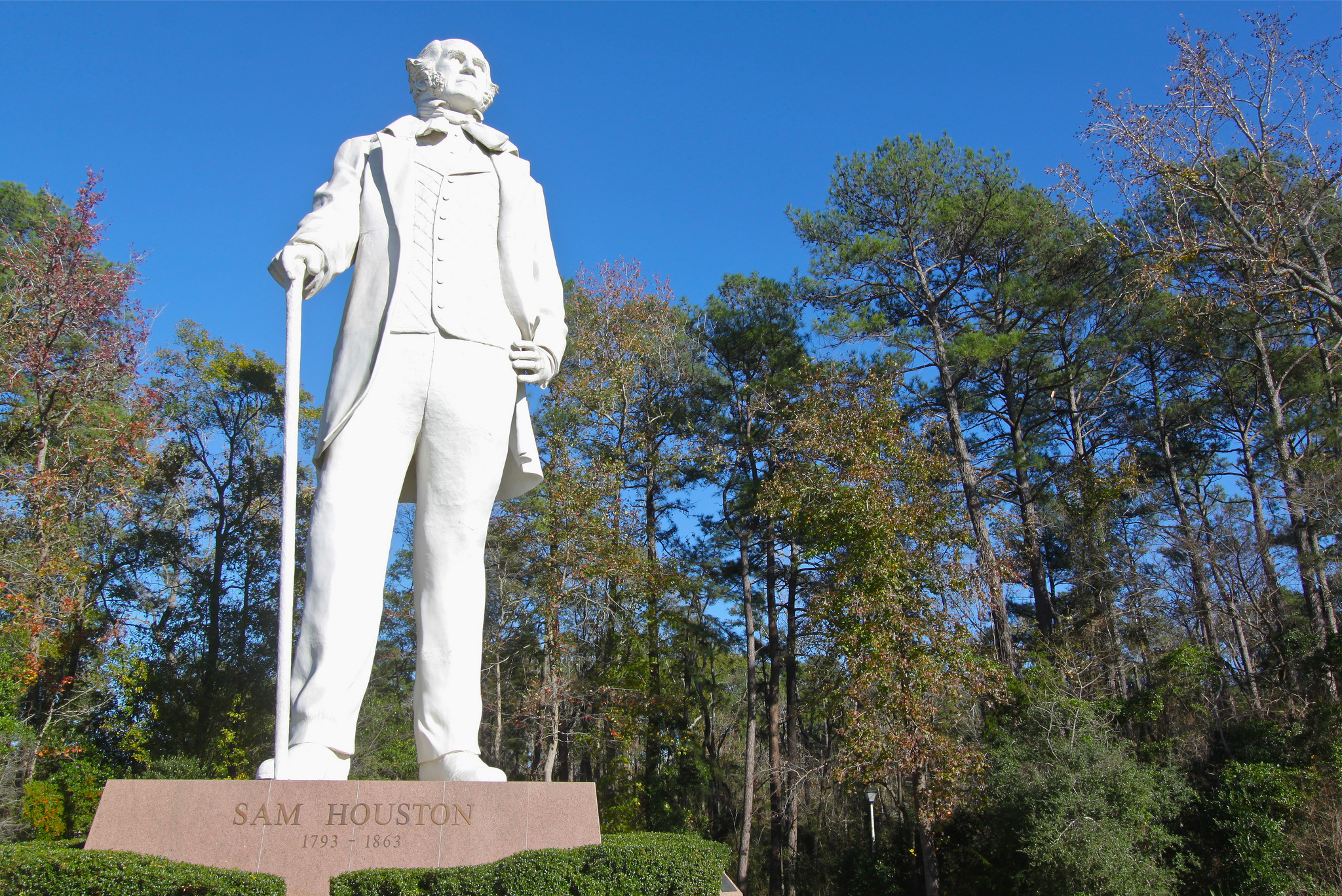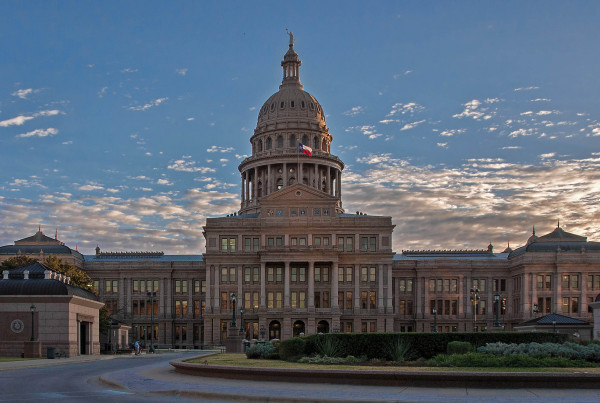Texas’ greatest role in history, it’s core function in the great, interlocking machine of time and space, might be as a place of escape. It is a magnet for criminals on the lam and immigrant families alike, and anyone looking to reinvent themselves.
That’s certainly true for Sam Houston, but his arrival wasn’t forced by the grand sweep of history, it was forced by Congressman William Stanbery of Ohio.
Stanbery was a vile toad of a man. He had black ink drops for eyes that sat too close together on his melon-like head. Long creases on his face emphasized his thin, broad, perpetually downturned mouth.
He served six years in Congress, and spent all of them vehemently attacking the administration of Houston’s mentor, Andrew Jackson. Houston disagreed with Jackson on the president’s campaign of Indian removal and forced resettlement, as Houston himself had lived with the Cherokee as a young man. But that didn’t stop Stanbery from accusing him of rigging contracts to provision the new Indian reservations.
Houston was livid, and through a note conveyed by the delightfully named Rep. Cave Johnson, challenged Stanbery to a duel. Stanbery ignored the note.
Two weeks after Stanbery hurled his libelous words across the House floor, Houston was in Washington. It was April 13, 1832, and Houston was strolling down Pennsylvania Avenue with two senators, when he spied a rotund silhouette bounding out of Mrs. Queen’s Boarding house.
Houston, hickory cane in hand, steely eyes blazing, crossed and approached the figure under the dim streetlamps.
“Are you Mr. Stanbery?” Houston asked quietly. When the bulbous man said yes, Houston shouted “Then you are a damned rascal!” and swung his cane, striking the congressman square in the head.
A tussle ensued, and Stanbery pulled a pistol from his coat. He rammed the barrel into Houston’s chest and pulled the trigger. The gun misfired. Houston stood up and gave Stanbery a few more licks, including, according to later testimony, a few raps between the legs.
The story took Washington like a spring storm, and Congress ordered Houston’s arrest on April 17. A trial was held, and Houston retained the services of a Maryland attorney and hobbyist poet named Francis Scott Key.
Key could not exonerate Houston, however, but highly-placed friends, including James K. Polk, who 13 years later would help turn the Texas from a republic to a state, ensured that his sentence was light. But the incident had badly bruised not just Stanbery, but Houston’s reputation.
So he did what any reasonable man would do. He skipped town and went to Texas, a place where a man could reinvent himself.












